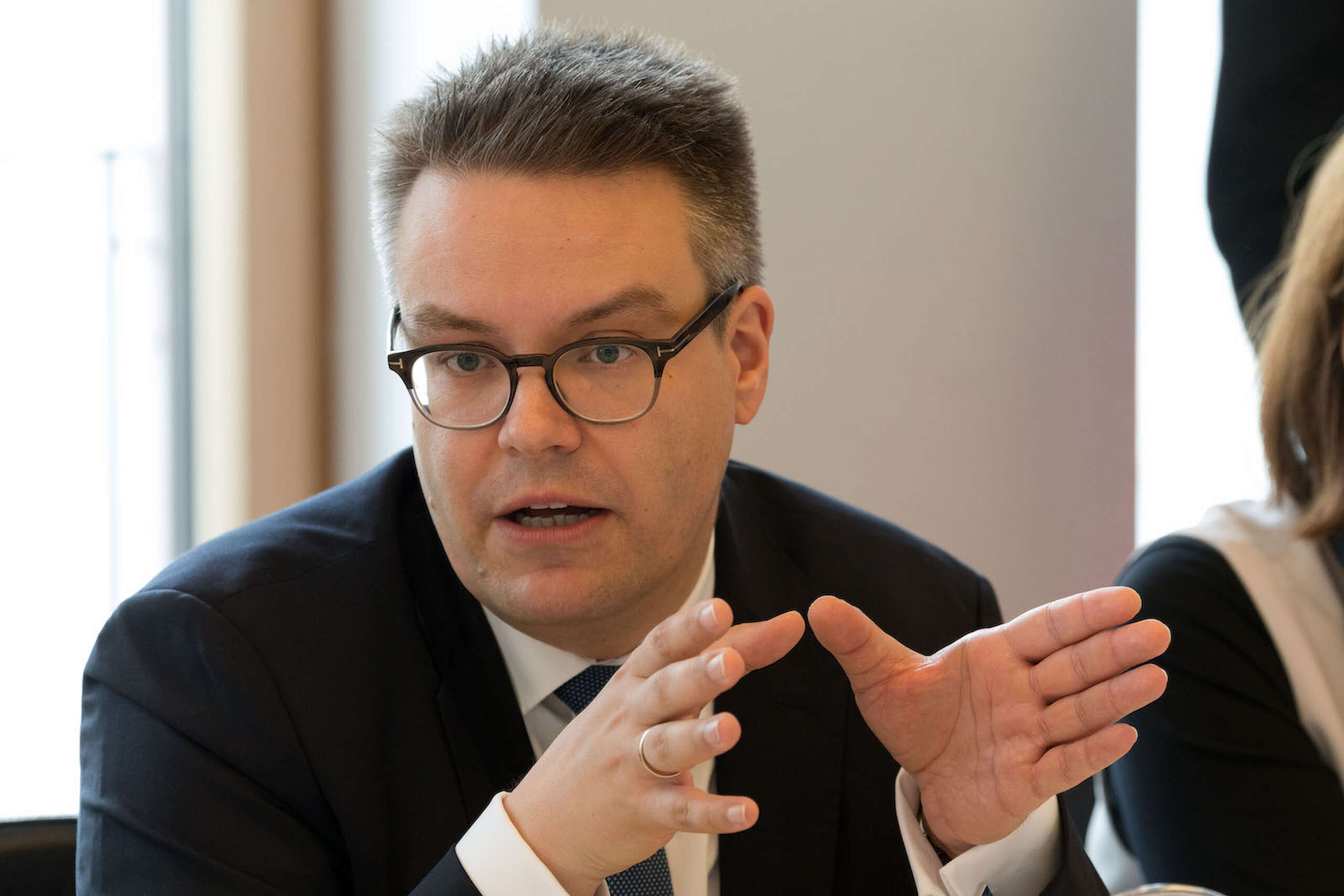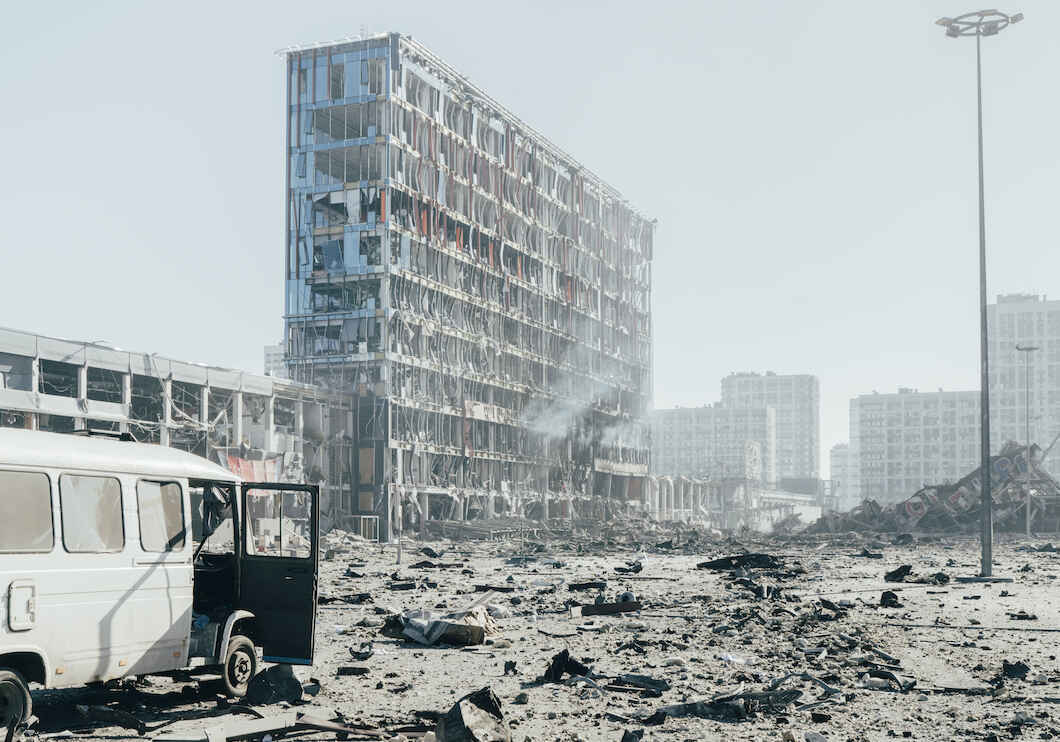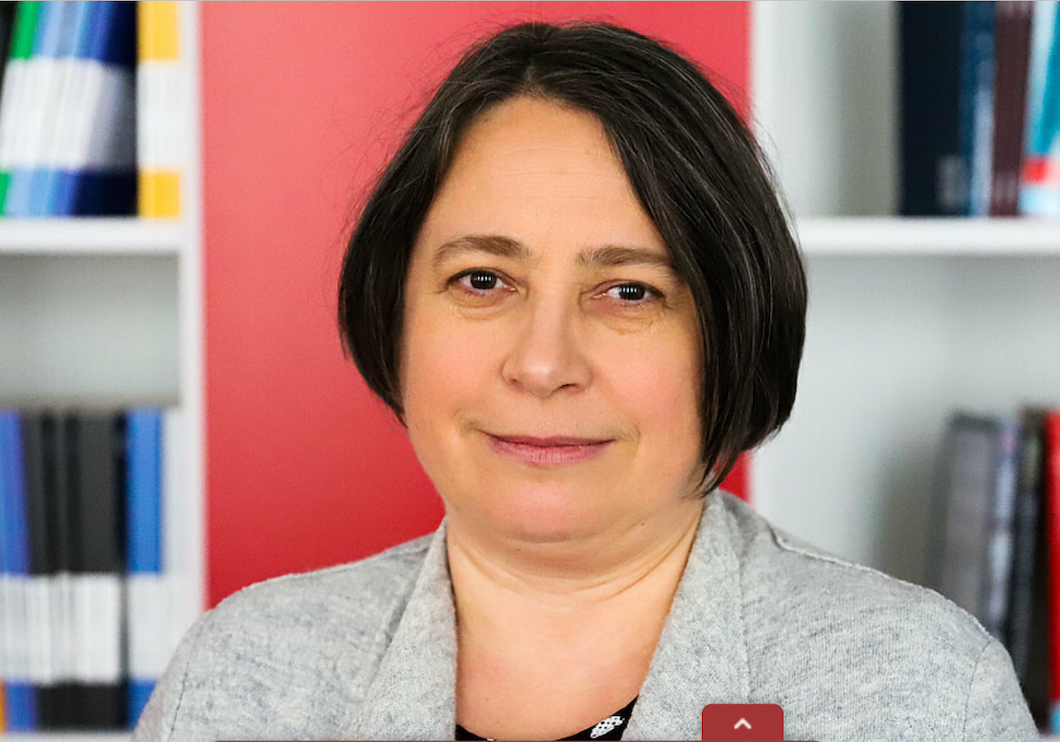
Foto: Marc Darchinger
"It is not acceptable for our allies to be afraid of their neighbor"
Green Party member Tobias Lindner has been a member of the German Bundestag since 2011 and Minister of State at the Federal Foreign Office since December 2021. On March 25 and 26, 2022, he took part in the 178th Bergedorf Round Table in Berlin to discuss the "Zeitenwende” in security policy and the future of Germany's international role.
Following the round table, Tobias Lindner answered three questions on the "Zeitenwende" and the planned National Security Strategy in a written interview.
Against the backdrop of the Russian attack on Ukraine and the proclaimed "Zeitenwende": How will Germany's international role develop in the coming years? How sustainable will the change of course in German foreign policy be?
Tobias Lindner: Every new government starts with a review of previous policies. The coalition agreement, for example, provides for the evaluation of foreign missions, announces a more effective foreign climate policy and also, for the first time, a feminist foreign policy. The "Zeitenwende" now fundamentally puts our security policy to the test. Is our existing security policy suitable for protecting and defending our values and interests? What is clear is that a Europe in which people are murdered and cities are destroyed by bombings, and in which our allies are afraid of their neighbor, is not one that is acceptable to us. That is why we must now urgently correct the course we have taken in recent years and reduce our dependence on fossil energy sources and invest in equipping the Bundeswehr. I am convinced that if we think of security policy in a comprehensive manner, Germany can develop its strength as a peace power and play a key role in Europe's security. Finally, we are learning once again during these months how crucial it is to work closely with partners in the EU and NATO and also the G7. These partners and the common foundation of values give Germany backing and room for maneuver.
What core elements should the planned national security strategy contain?
The national security strategy will have to describe how Germany intends to safeguard its values and security interests and what policy it is pursuing to this end. To this end, a description of the situation will also be necessary: what kind of world are we in, what challenges and threats does it pose? I would like us to describe here not only those developments that worry us. We still have the best opportunities and possibilities to make good provision for our security and to continue to be a free and prosperous country that also helps other countries to be successful. The German Security Strategy will also reflect key statements of the Strategic Compass that the member states of the European Union already adopted in March. Likewise, NATO's new Strategic Concept, which is due to be published in June, will play a role in the security strategy. For me, the decisive factor is that the policies we formulate and implement today must offer people and their families a life in security in the long term; this applies just as much to the consequences of climate change as it does to issues of war and peace. "We must think of security from the perspective of the future," as Annalena Baerbock put it in her speech on March 18.
How can a collaborative development of the National Security Strategy be implemented in practice? Which actors are central to you?
The National Security Strategy is formulated by the German government under the leadership of the Federal Foreign Office. In practical terms, this means that we have set up a working group within the Federal Foreign Office in which colleagues with a wide range of specialist backgrounds are involved and which is additionally supported by experts from other ministries. In consultation with the federal ministries, they will produce a text by the end of the year that will ultimately be adopted by the federal cabinet. We want a comprehensive national security strategy to be supported by society. That is why we are not only conducting an intensive discourse with experts, but also holding discussions in parliament with the parliamentary groups. Likewise, we seek talks with allies and partners to find out what they expect of us and where we can benefit from their strategy processes and deliberations. Finally, and this is particularly important to us, we are seeking dialog with citizens, because it is their security that is at stake. The minister will be personally involved in this.

